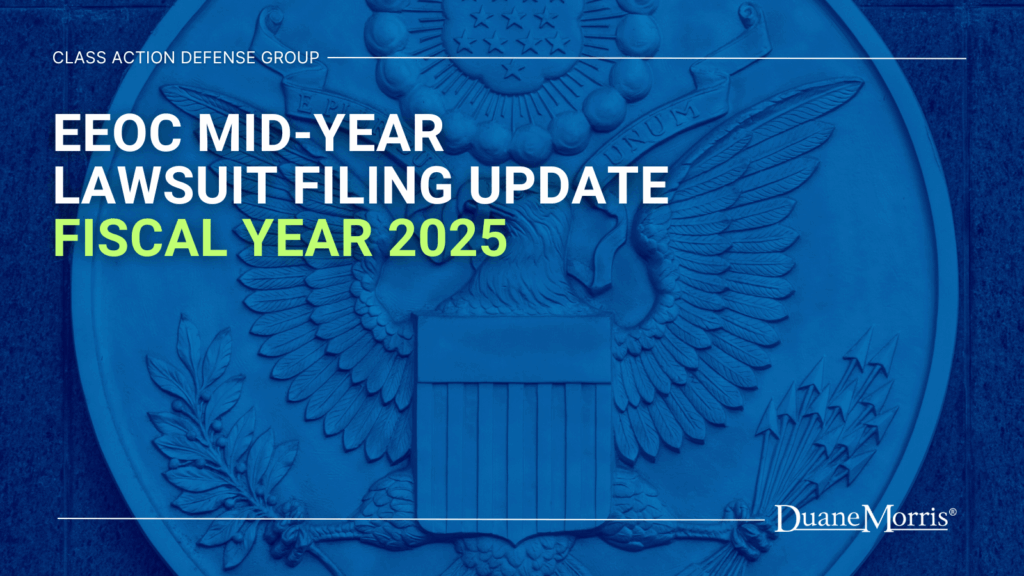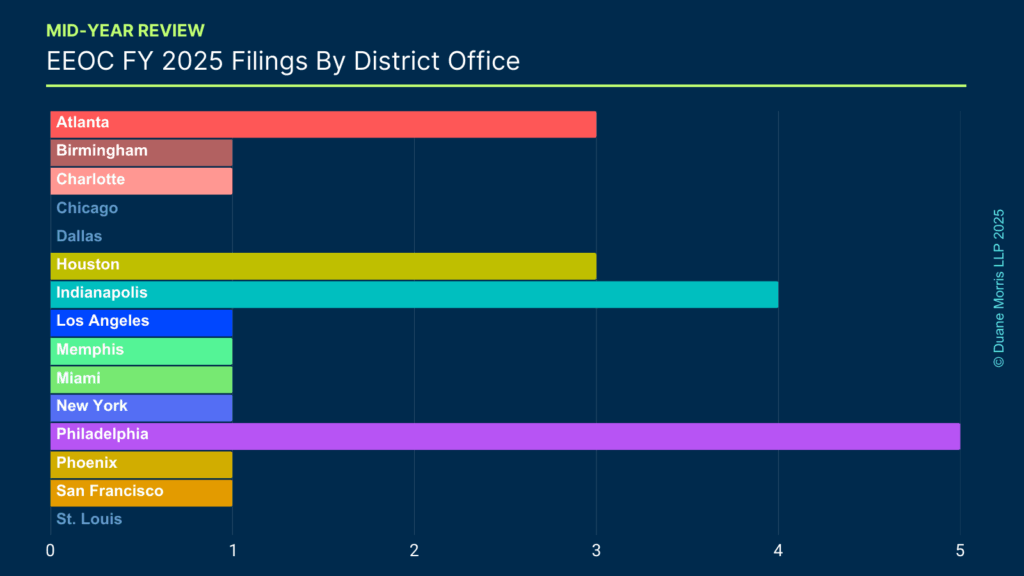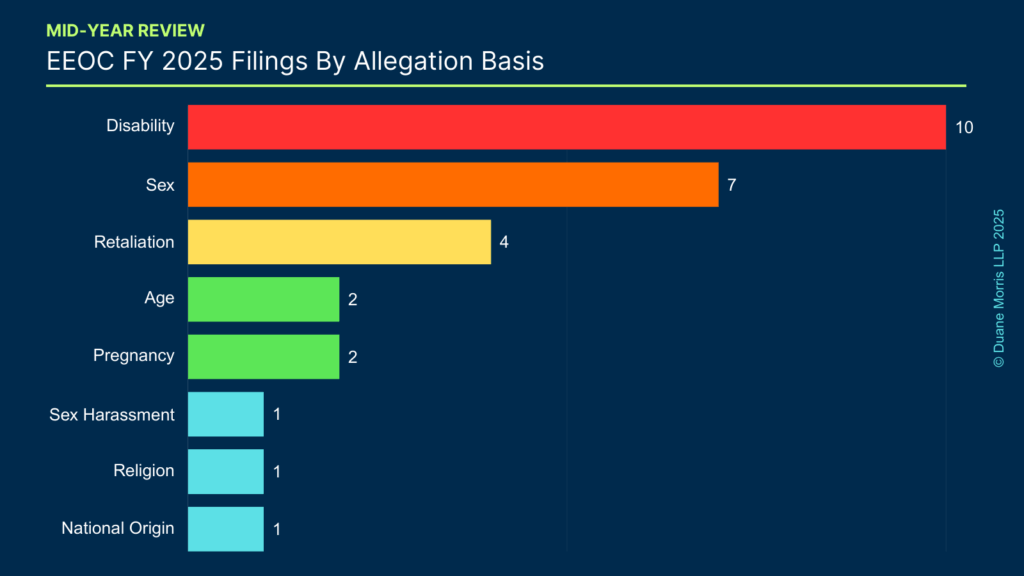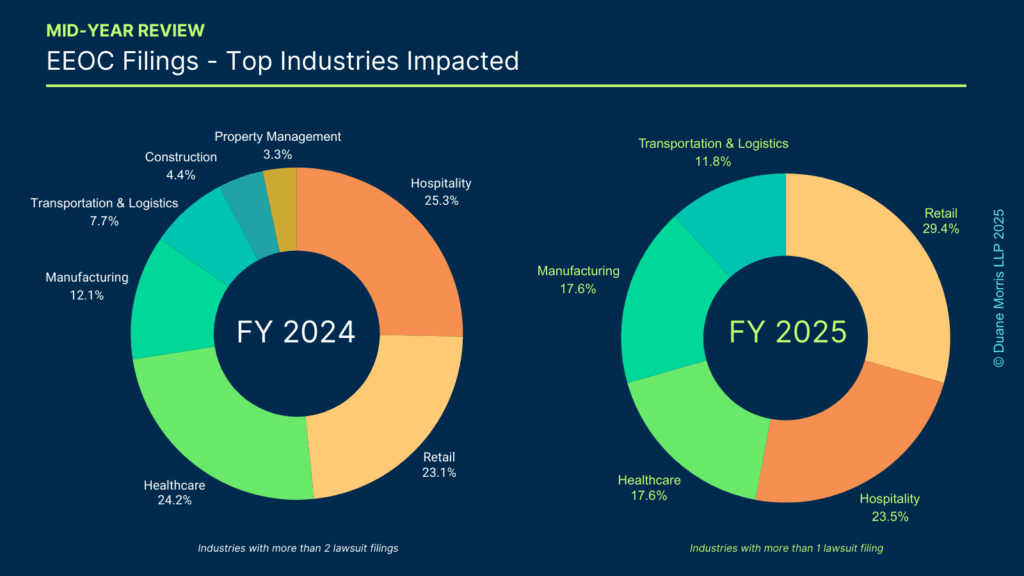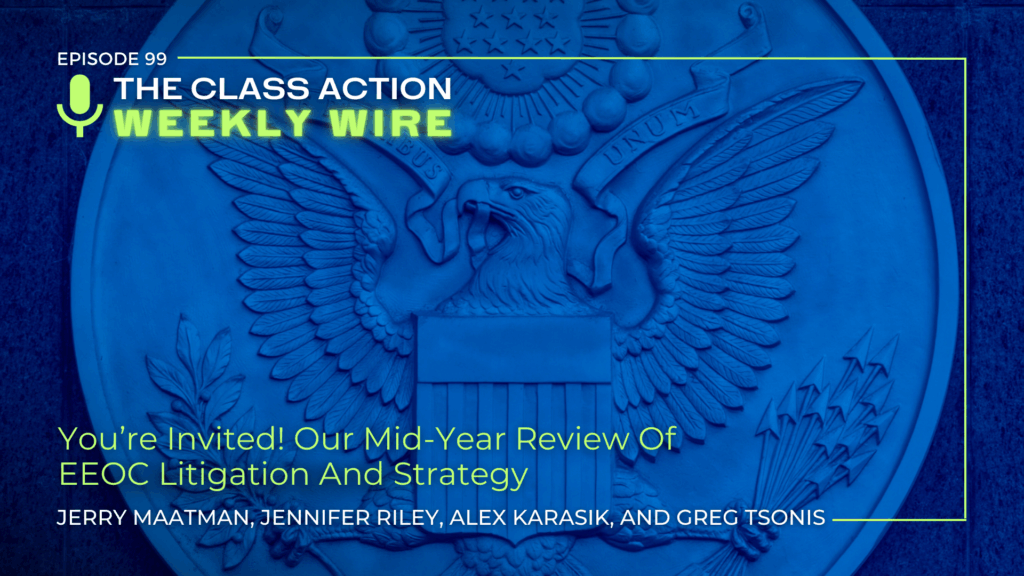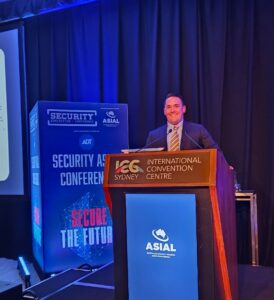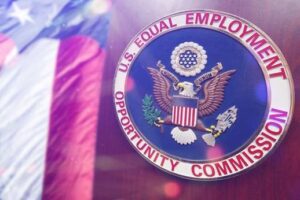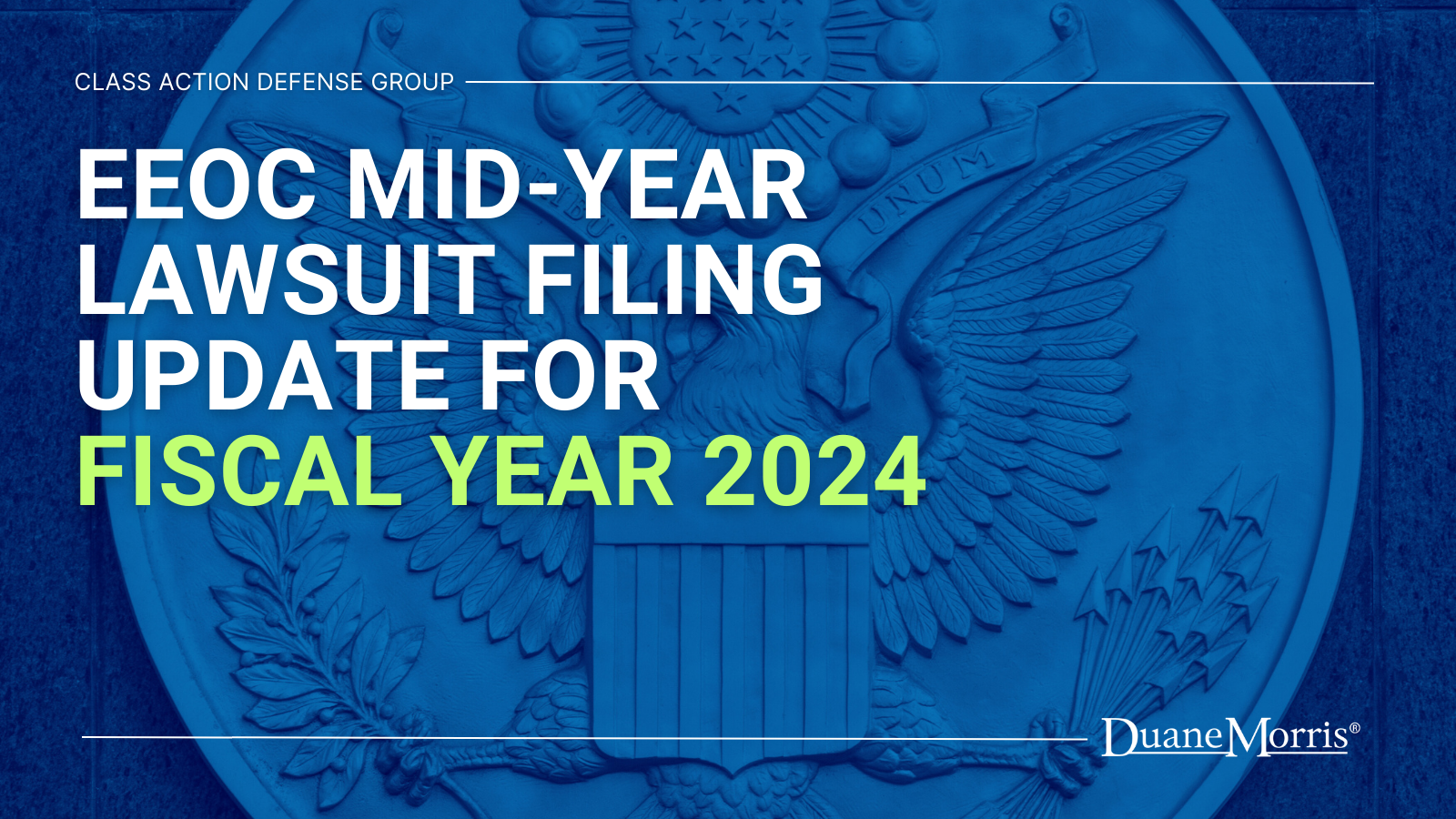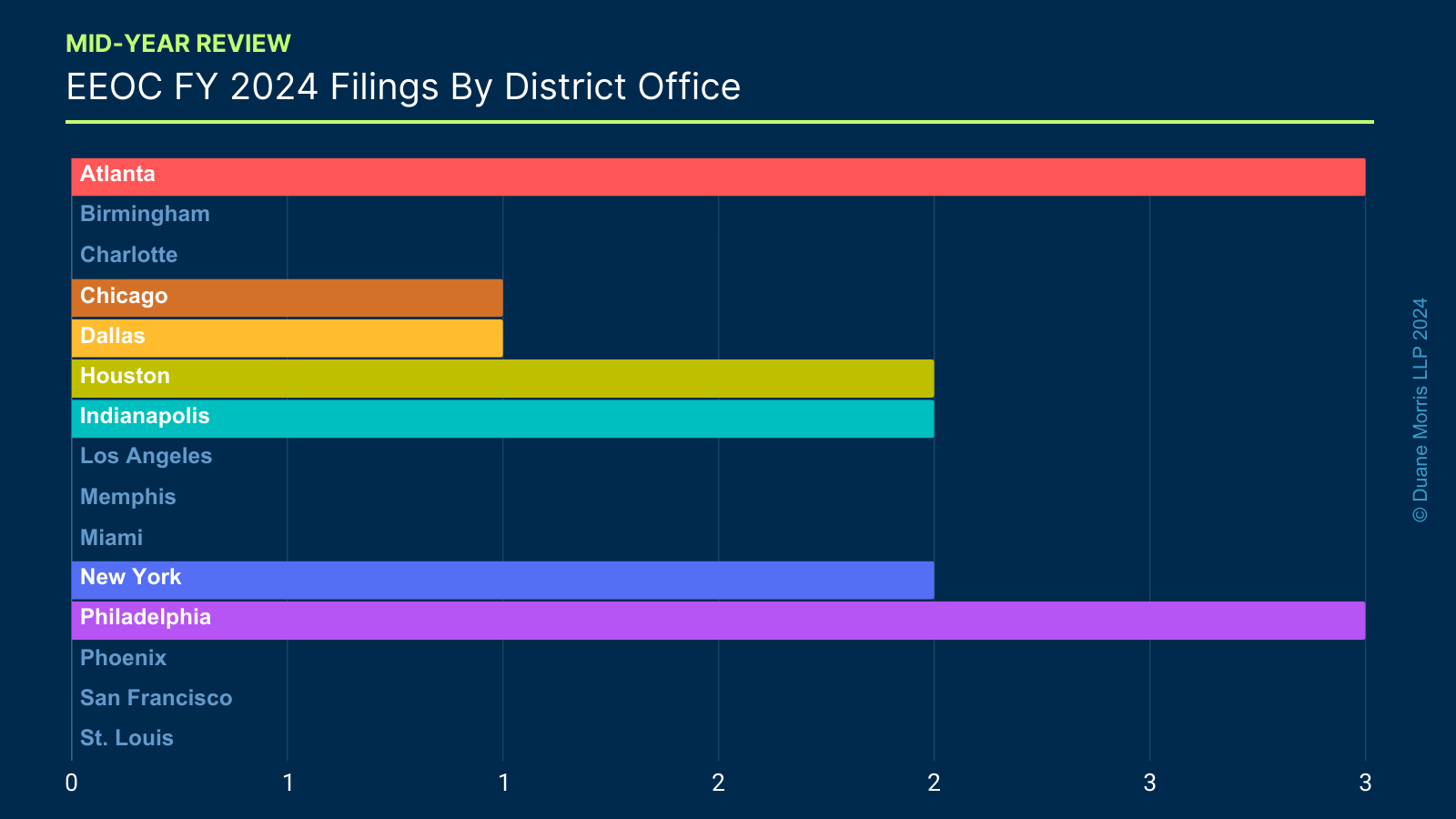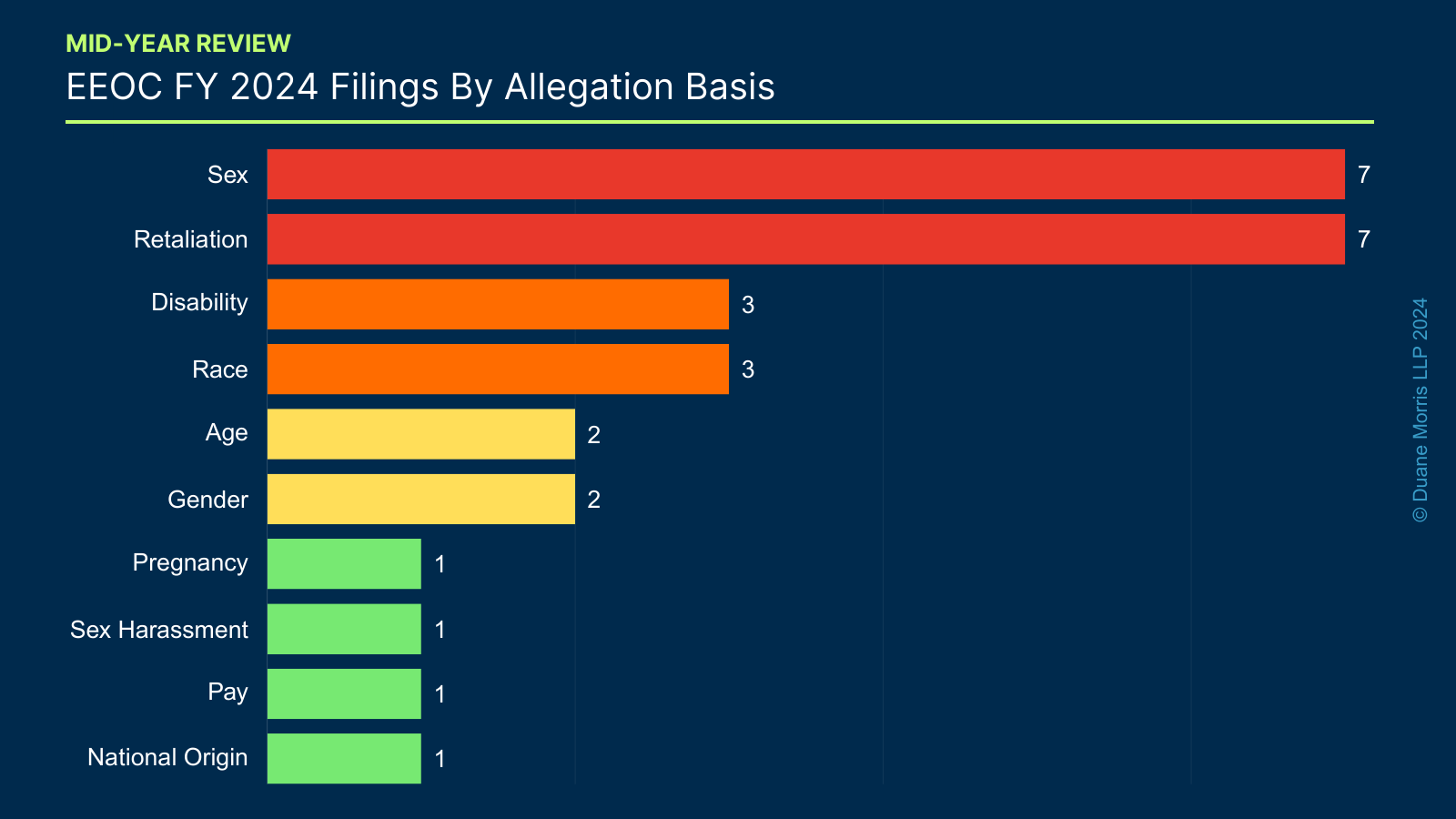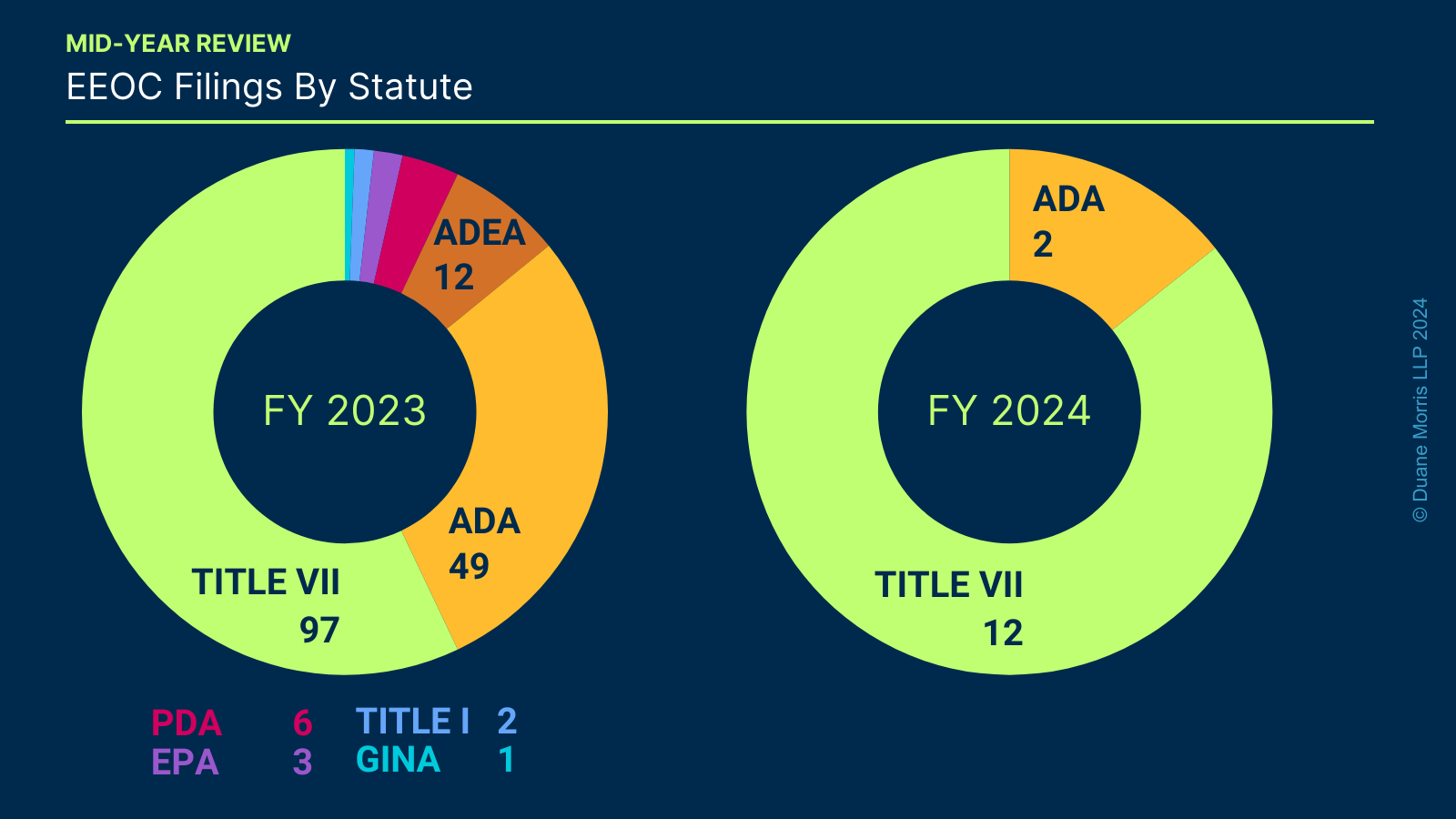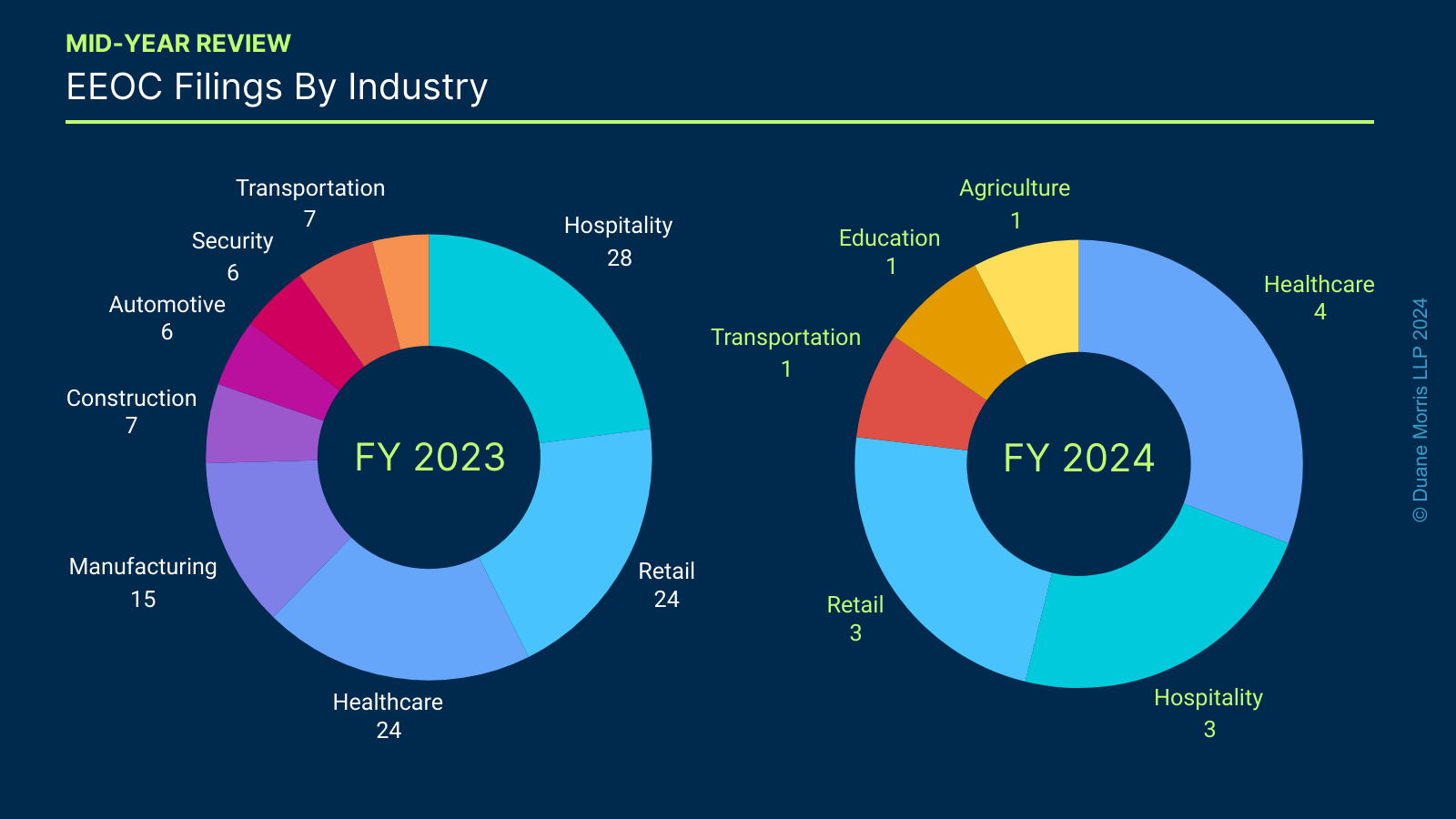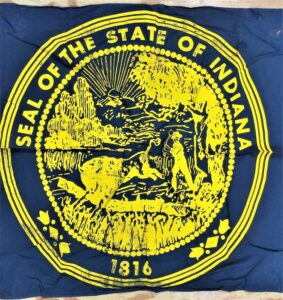By Alex W. Karasik and Gregory S. Slotnick
Duane Morris Takeaways: On August 14, 2025, in Flores v. N.Y. Football Giants, Inc., No. 23-1185, 2025 U.S. App. LEXIS 20688 (2d Cir. Aug. 14, 2025), the U.S. Court of Appeals for the Second Circuit affirmed a decision from the Southern District of New York denying a motion to compel arbitration of claims of plaintiff Brian Flores (“Flores”) asserting race discrimination filed by the National Football League (“NFL”) and six of its member clubs. In closely examining the arbitration provision at issue (and agreed upon by the parties), the Second Circuit found that the NFL’s internal arbitration framework, which provided the NFL Commissioner with unilateral control over arbitrator selection, substantive process of proceedings, and other discretionary decision-making powers, provided for arbitration “in name only” and fell short of requirements set forth in the Federal Arbitration Act (“FAA”).
According to the Second Circuit, the NFL Commissioner’s complete control over the NFL’s internal arbitrations pursuant to the NFL Constitution makes the process, “inherently biased” and leaves it outside the protections of the FAA. The Second Circuit sternly concluded that, “[u]ltimately, the NFL’s arbitration provision is fundamentally unlike any traditional arbitration provision protected by the FAA,” and the agreement between Flores and the NFL to arbitrate his claims, “is plainly unenforceable under the most basic principles of the effective vindication doctrine,” requiring arbitration guarantee that Flores can “vindicate [his] statutory cause of action in [an] arbitral forum.” Id. at *5. As a result, Flores’s racial discrimination lawsuit will proceed in federal court and the NFL will likely need to go back to the drawing board to update its internal arbitration provisions so they comply with arbitration mandates under the FAA and prior court decisions. All employers seeking to prepare and enforce arbitration provisions should heed the Second Circuit’s concerns with the NFL’s arbitration language and process to ensure their agreements comply with the FAA.
Case Background
Since 2008, Flores – the current defensive coordinator of the NFL’s Minnesota Vikings – has been employed as a football coach by a variety of NFL teams, including the New England Patriots (2008-2018), Miami Dolphins (2019-21), Pittsburgh Steelers (2022), and the Minnesota Vikings (2023-Present). Id. at *5. The operation and structure of the NFL and the relationship between the NFL, its member clubs, and the clubs’ employees (including NFL coaches), are governed by the NFL Constitution and Bylaws (the “NFL Constitution”). Id. at *6. The NFL Constitution “broadly empowers” the NFL Commissioner to manage the league’s affairs, including, but not limited to, the ability to interpret and establish league policy and procedure, discipline relevant parties, hire legal counsel to respond to conduct detrimental to the league, its member clubs or employees, or to professional football, and the full, complete, and final jurisdiction and authority to arbitrate disputes between relevant parties, including between employees and member clubs. Id. Flores’s employment agreement with the Patriots included a club-specific arbitration provision, incorporating by reference arbitration language in the NFL Constitution. Id. at *9-10.
In January 2019, while still under contract as a coach with the Patriots, Flores interviewed to be the head coach of the Denver Broncos. Id. at *9. Flores claims the Broncos discriminated against him because of his race in failing to hire him and that the Broncos only offered him an interview as a “sham” to satisfy the Rooney Rule – a long-standing requirement by the NFL that two opportunities to interview for each open coaching position be allotted to prospective candidates who are members of a racial minority group and/or a woman. Id.
One month later, in February 2019, Flores was hired as the head coach of the Dolphins. Id. In January 2022, Flores was fired following three seasons as head coach of the Dolphins. Id. at *10. After the Dolphins fired him, Flores interviewed for head coach positions with both the New York Giants and the Houston Texans, though he was not hired for either position due to what he alleges to be racial discrimination and retaliation. Id. at *10-11. In February 2022, Flores was hired as a senior defensive assistant and linebackers coach with the Steelers, signing an employment agreement that, like his agreement with the Patriots, included a club-specific arbitration agreement and incorporated by reference the NFL Constitution. Id. at *11. The same month, Flores filed a putative class action against the NFL, the Denver Broncos, New York Giants, and Miami Dolphins alleging claims of race discrimination under 42 U.S.C. § 1981, as well as state and local statutes. Id. at *6. In June 2022, the NFL and its relevant member clubs sought to compel Flores to arbitrate his claims pursuant to the employment agreements Flores signed with the Patriots and Steelers, respectfully. Id. at *7-8.
The District Court found that Flores’s claims against the Broncos and the NFL clearly fell outside his club-specific arbitration agreement with the Patriots. Id. at *10. Although the District Court found that the NFL Constitution’s arbitration provision applied to Flores’s claims, the Court refused to enforce it, reasoning that it was illusory and unenforceable under Massachusetts state law because “the NFL and its member clubs have the unilateral ability to modify the terms of the NFL Constitution.” Id. As such, the District Court ordered that Flores’s claims against the Broncos and related claims against the NFL be litigated in federal court. Id. The NFL’s appeal to the Second Circuit followed.
The Second Circuit’s Decision
The Second Circuit affirmed the District Court’s decision denying the motion to compel Flores to arbitrate his claims against the NFL, the Broncos, the Giants, and the Texans. Id. at *25-26. Specifically, the Second Circuit concluded that Flores’s agreement under the NFL Constitution to submit his claims against the Broncos and the NFL to the unilateral substantive and procedural discretion of the NFL Commissioner (the principal executive of one of Flores’s adverse parties) provides for arbitration “in name only” and lacks the protection of the FAA. Id. at *18. It also held that Flores’s agreement to submit his claims against the Broncos and the NFL to the unilateral discretion of the NFL Commissioner is unenforceable because the agreement fails to guarantee Flores can “vindicate [his] statutory cause of action in [an] arbitral forum.” Id. The decision further confirmed that the District Court did not err or abuse its discretion in denying Defendants’ motion to compel arbitration or in denying Defendants’ motion for reconsideration. Id. at *2.
The Second Circuit provided background on the FAA and its principles mandating that although the FAA establishes a “liberal federal policy favoring arbitration and the fundamental principle that arbitration is a matter of contract,” not every self-described “arbitration agreement” falls within the FAA’s ambit. Id. at *14. Under the facts at issue here, the Second Circuit found that while Flores agreed to arbitrate his statutory claims by way of arbitration provisions in the employment agreement he entered with the Patriots, the relevant language granted the NFL Commissioner unilateral discretion over the arbitration process itself. Id. The Second Circuit held that such one-sided control undermines the fairness required for a valid arbitration agreement under the FAA because the NFL Constitution’s arbitration provision fails to provide: (i) an independent arbitral forum for bilateral dispute resolution, resulting instead in compelling one party (Flores) to submit disputes to the substantive and procedural authority of the principal executive officer of one of their adverse parties (the NFL); and (ii) the procedure to be used in resolving the dispute, instead allowing the NFL Commissioner to unilaterally dictate arbitral procedure. Id. at *19-22. The Second Circuit concluded that “the NFL’s arbitration provision is fundamentally unlike any traditional arbitration provision protected by the FAA,” is not afforded any special deference under the FAA, and that this served as an independent reason to affirm the District Court’s order denying the motion to compel Flores to arbitrate his claims. Id. at *22.
Moreover, the Second Circuit found Flores’s agreement was “plainly unenforceable” under exceptions to the FAA since the arbitration provision “fails to provide Flores access to an arbitral forum” and in fact waives Flores’s right to pursue statutory remedies. Id. at *22-24. It reasoned that requiring Flores to submit statutory claims to the unilateral discretion of the executive of one of his adverse parties (the NFL Commissioner), without an independent arbitral forum, denied Flores arbitration in any meaningful sense of the word, rendering the agreement unenforceable. Id. at *24.
Relying on the foregoing reasoning, the Second Circuit affirmed the District Court’s order, finding: (i) Flores’s agreement under the NFL Constitution to submit his claims against the Broncos and the NFL to the unilateral substantive and procedural discretion of the NFL Commissioner provides for arbitration “in name only,” thus lacking the protection of the FAA; (ii) Flores’s agreement to submit his claims against the Broncos and the NFL to the unilateral discretion of the NFL Commissioner is unenforceable because the agreement fails to guarantee Flores can “vindicate his statutory cause of action in an arbitral forum,”; and (iii) the same unprotected and unenforceable agreement also cannot be used to compel Flores to arbitrate his claims against the Giants, Texans or related claims against the NFL. Id. at *25-26.
Implications For Employers
The Second Circuit’s decision means Flores can continue litigating his race discrimination claims against the NFL and its member clubs in the public eye of federal court, despite the NFL’s attempts to force Flores into its internal private arbitration framework. While the attention-grabbing headline provides Flores a major victory in keeping his race discrimination lawsuit alive, perhaps the most important takeaways are for companies or businesses with an arbitration clause or agreement in effect, as well as employers considering implementing same for employees. Employers must ensure that any arbitration procedures, including arbitral forum and substantive process, comply with the FAA’s mandates to ensure bilateral and objective arbitration for all involved parties.
The Second Circuit repeatedly held that although there was no dispute that both Flores and the NFL member teams signed the employment agreement and agreed to the referenced NFL Constitution’s arbitration provision, a process providing one party with unilateral discretionary control over arbitrator selection and substantive procedure amounts to arbitration “in name only,” and lacks the protection of the FAA. As evidenced by the Second Circuit’s description of the relevant arbitration provision’s shortcomings, businesses seeking to ensure their arbitration agreements are enforceable should have counsel regularly review their existing arbitration language to confirm it is bilateral and objective, thus falling under the FAA’s protection.


